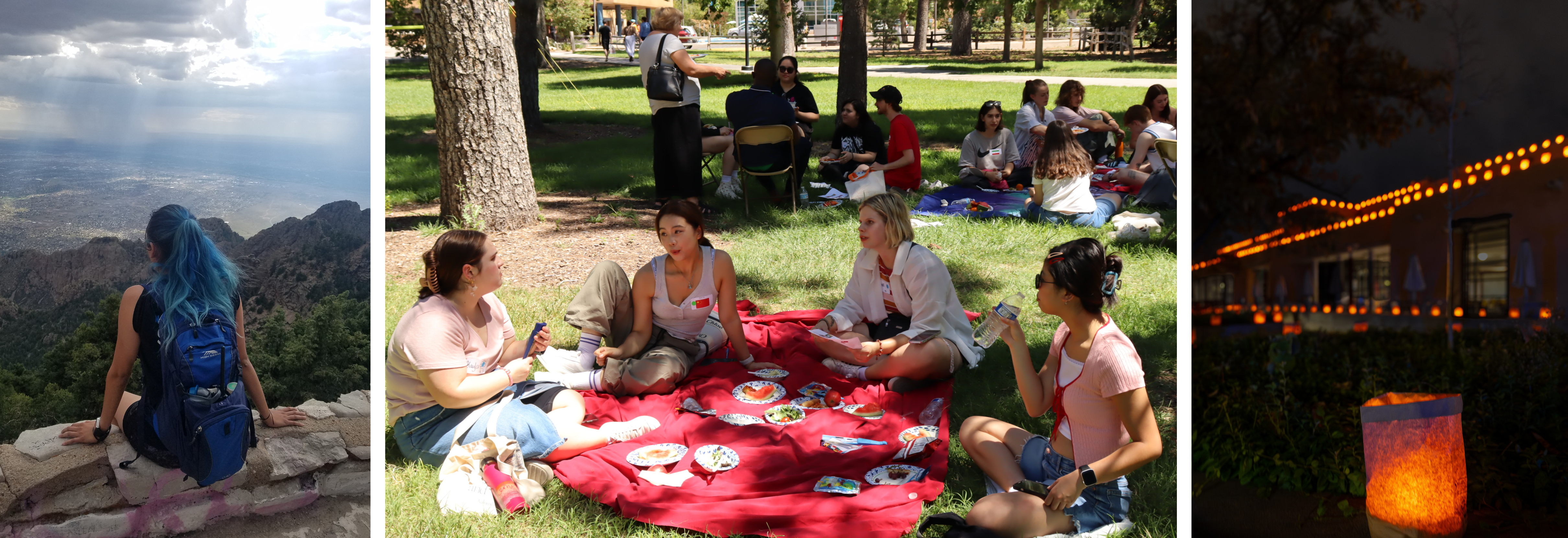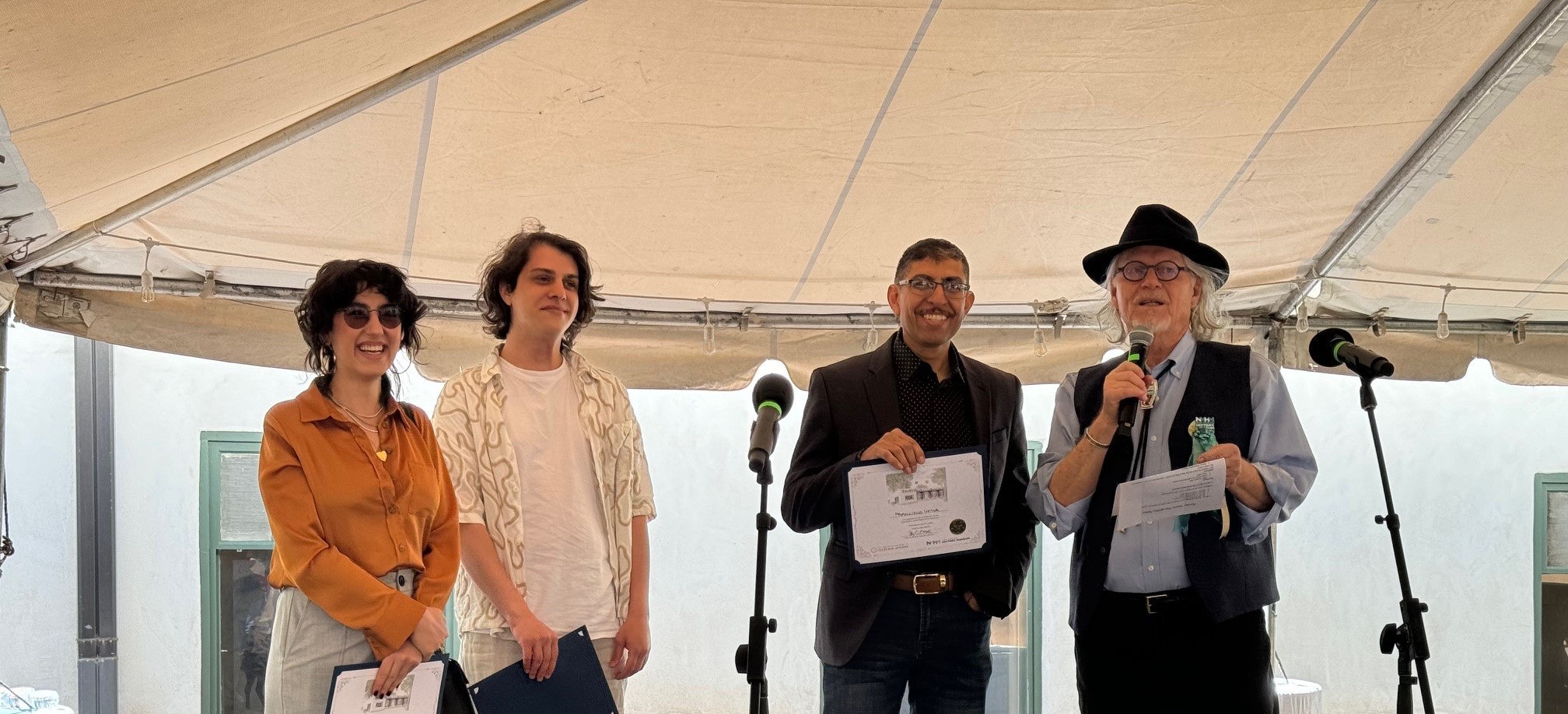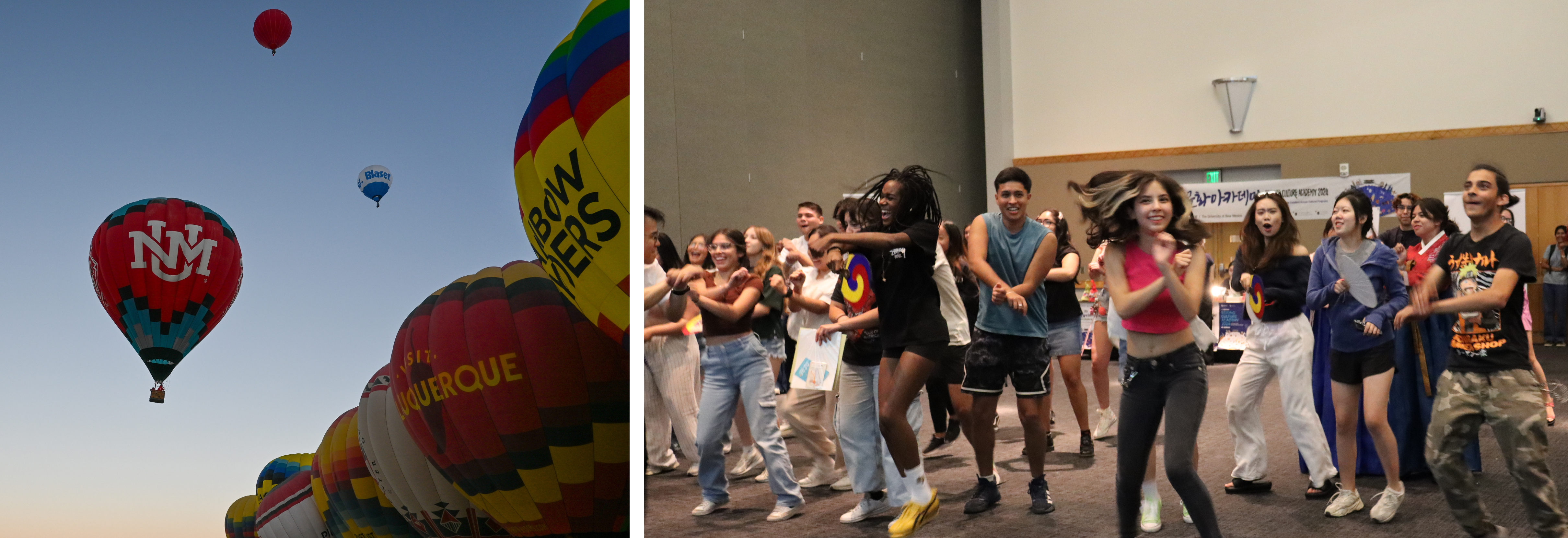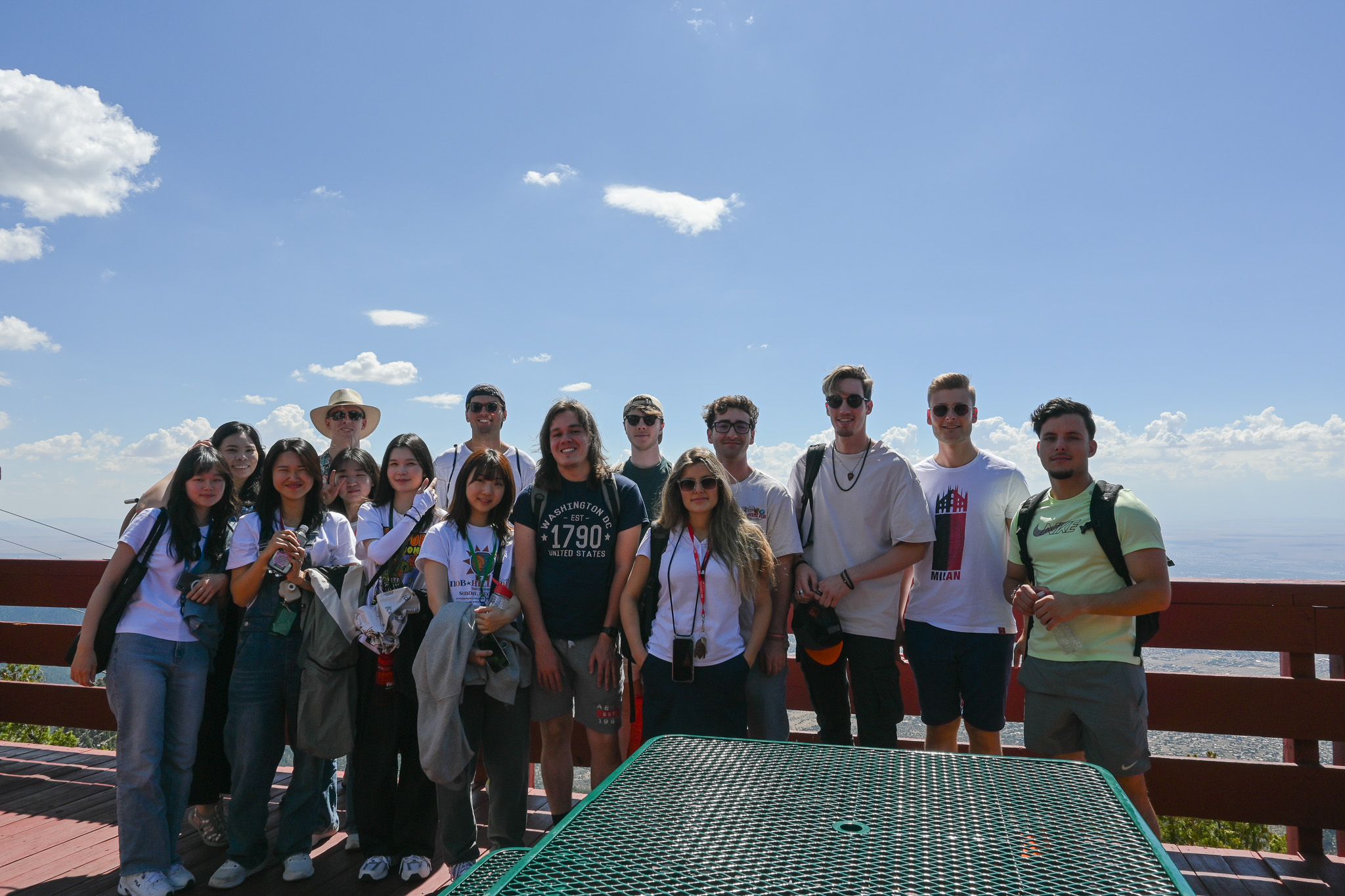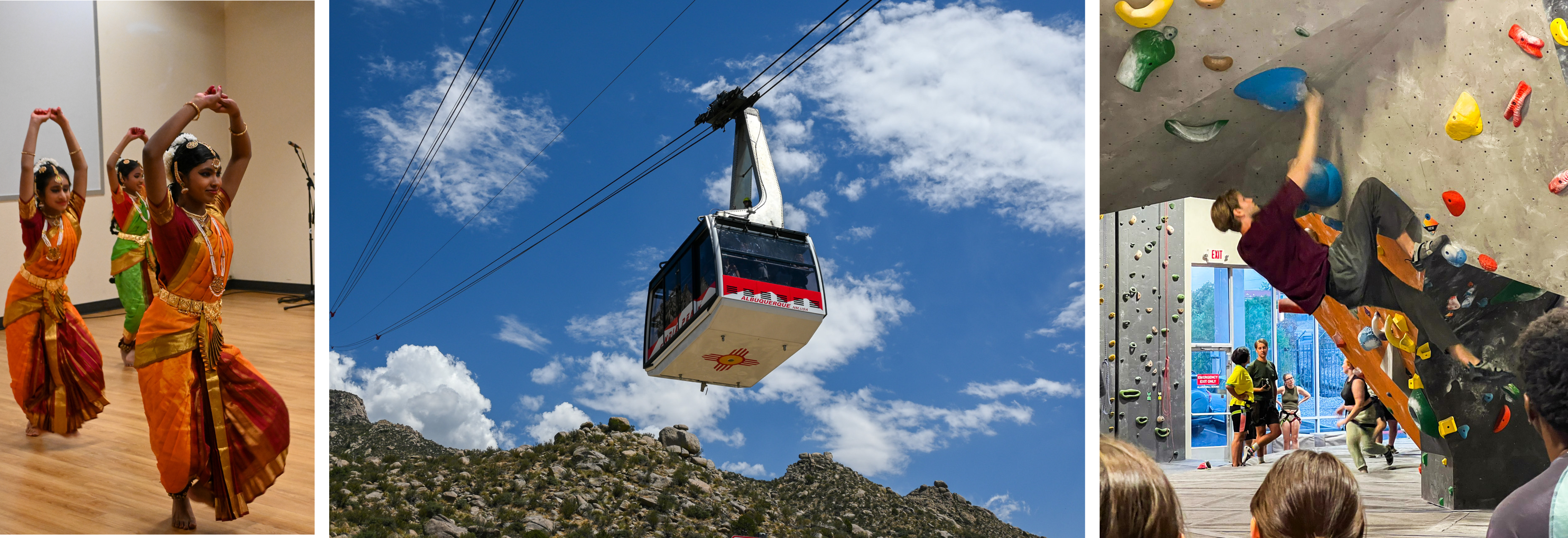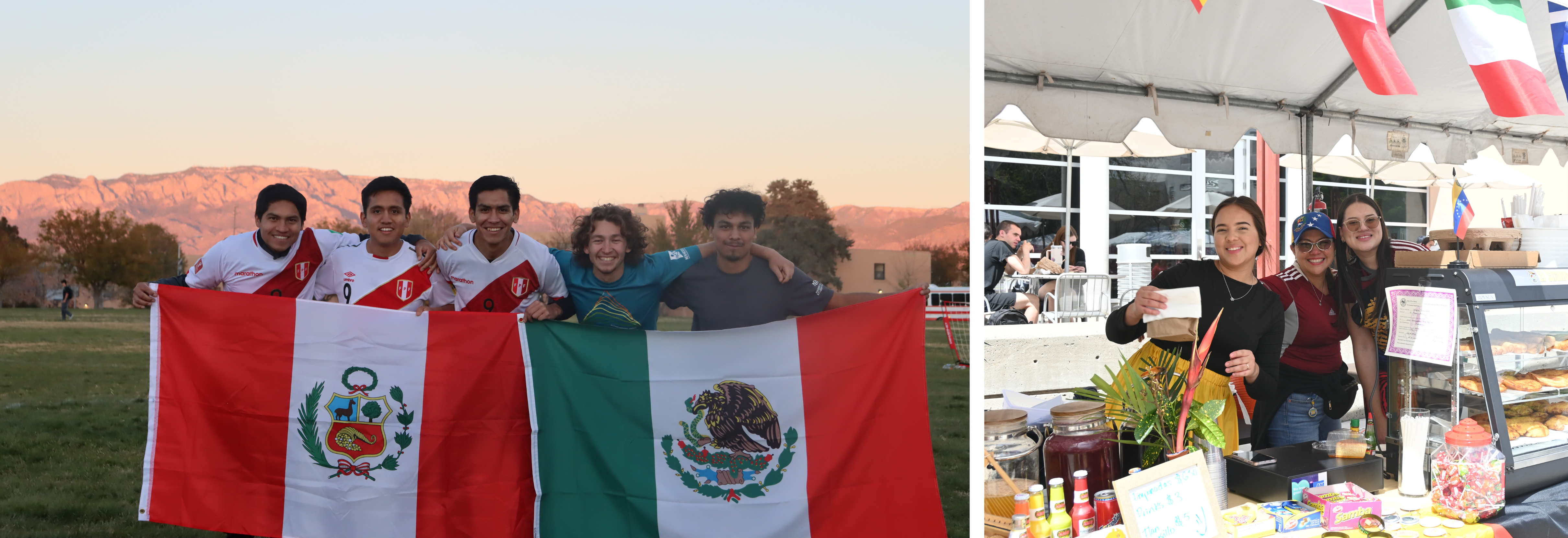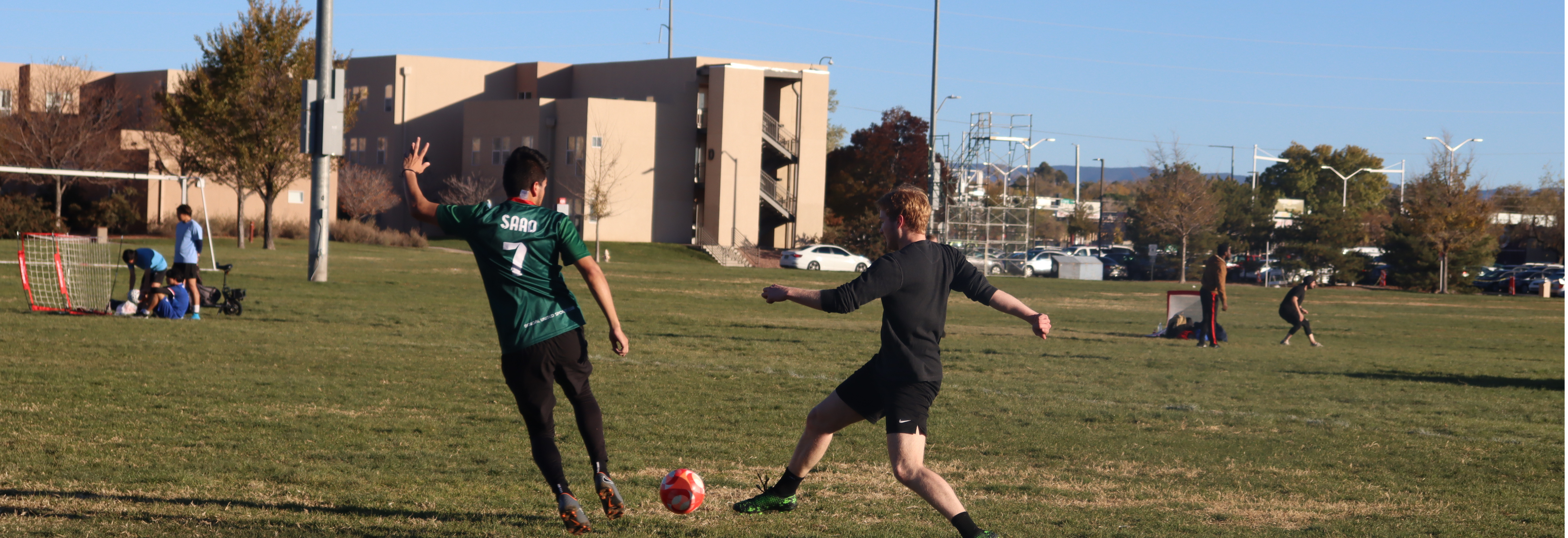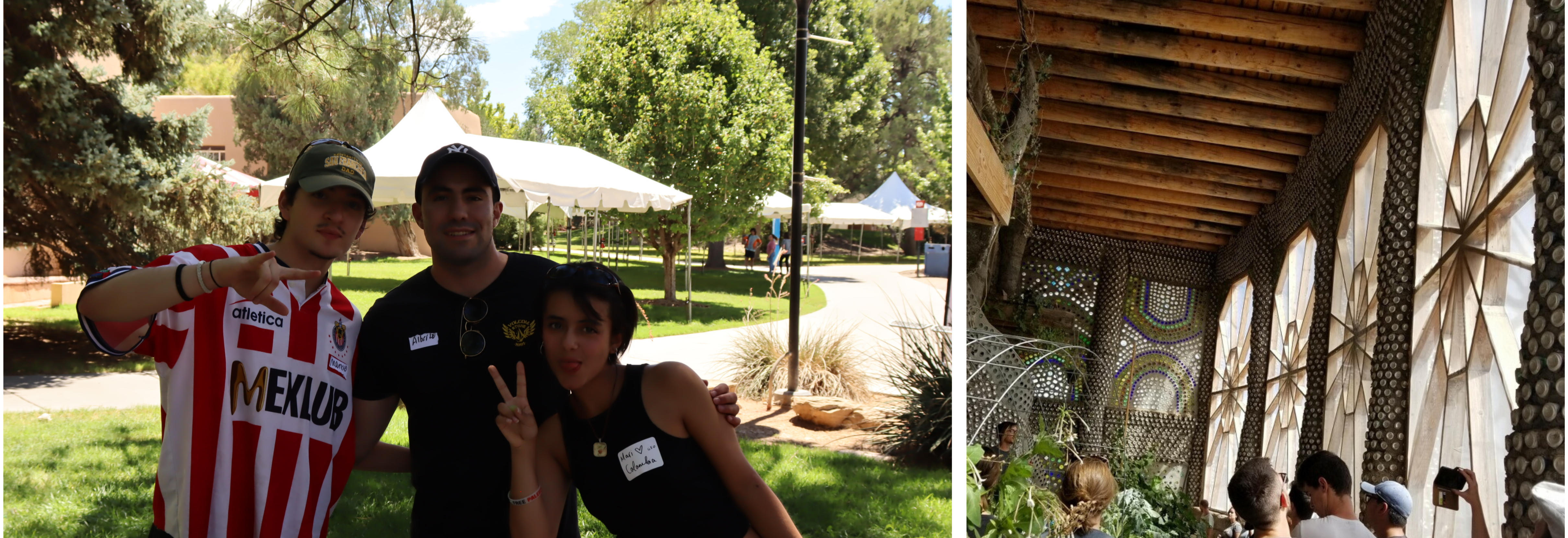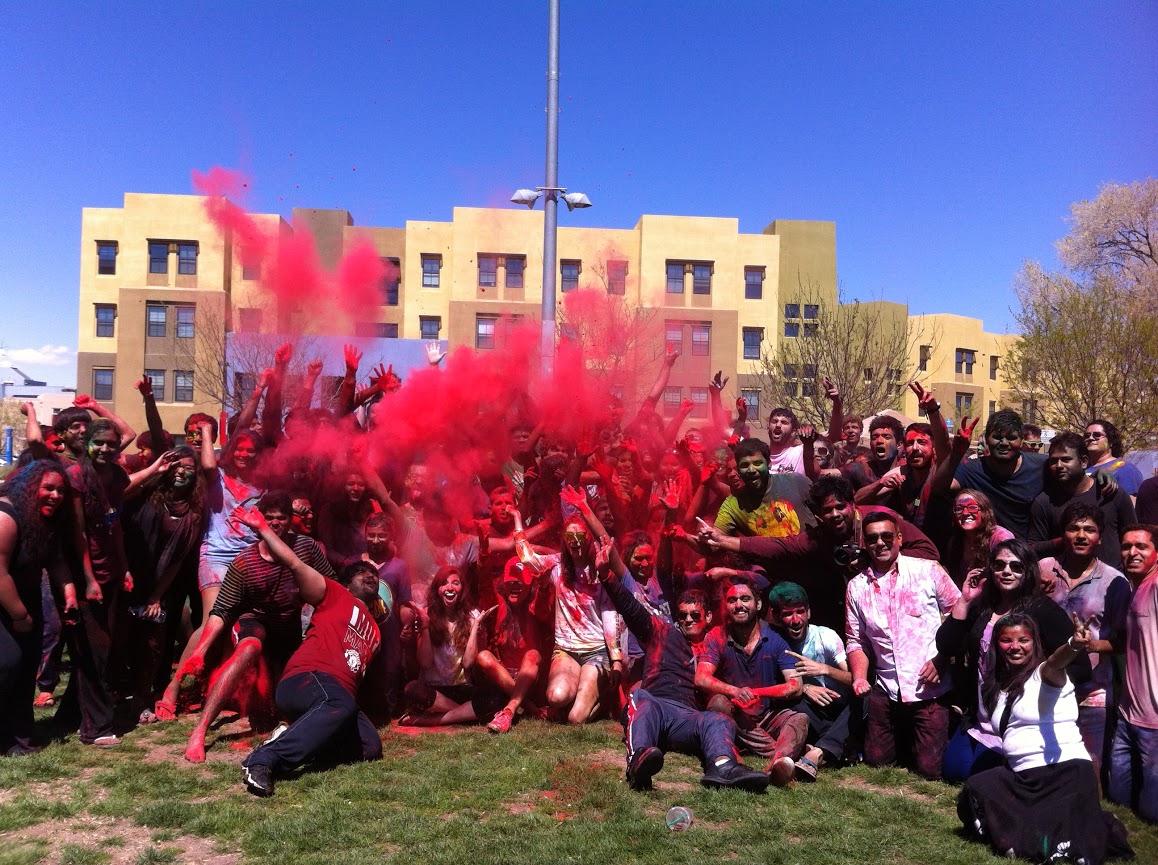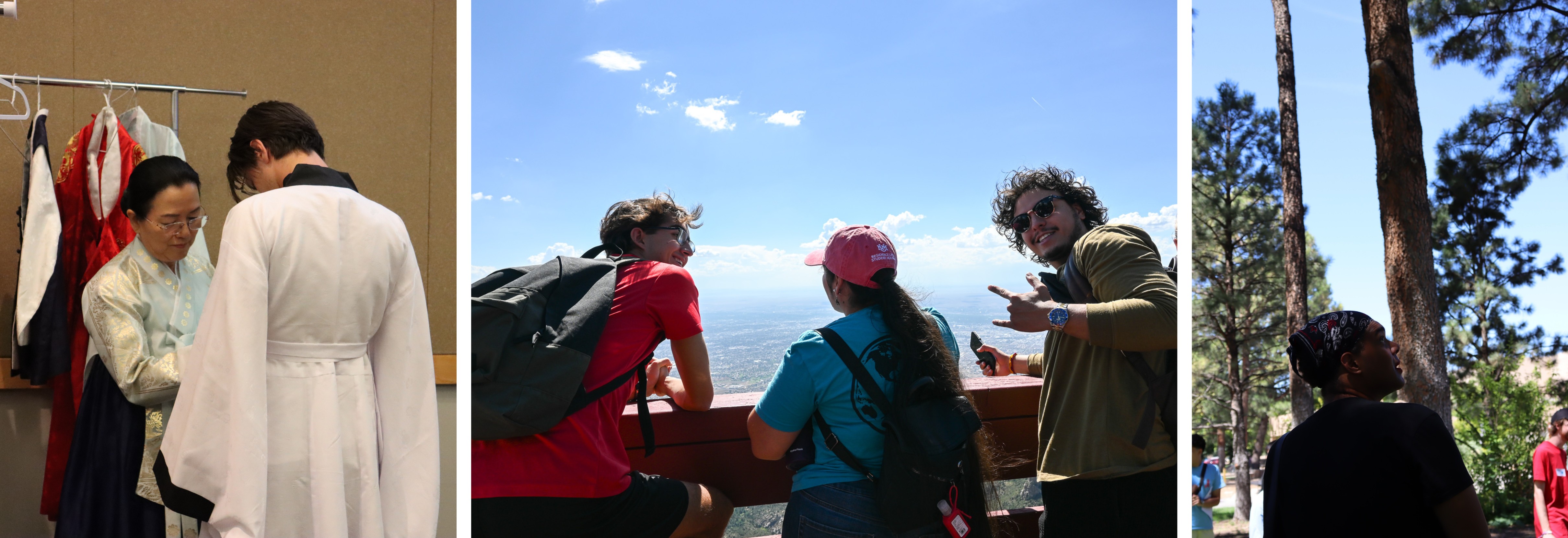H-1B Visa
A "specialty occupation" for H-1B purposes is an occupation that requires "(a) theoretical and practical application of a body of highly specialized knowledge, and (B) attainment of a bachelor's or higher degree in the specific specialty (or its equivalent) as a minimum for entry into the occupation in the United States.”
O-1 Extraordinary Ability
The O non-immigrant category is for the employment of individual aliens who have achieved and sustained national or international acclaim for extraordinary ability in the sciences, arts, education, business, or athletics, or aliens who have demonstrated a record of extraordinary achievement in the motion picture and television industries.
Free Trade Visas (TN)
The TN (Trade NAFTA) category was developed as part of the North American Free Trade Agreement (NAFTA), to facilitate the entry of Canadian and Mexican citizens to the United States to engage in professional business activities on a temporary basis. The TN category allows for admission of individuals for the purposes of: Working for a U.S. employer as a professional; or Working for a foreign employer (including even a non-Canadian or non-Mexican employer) to provide pre-arranged professional services to a U.S. employer.
B-1, W-B: Business Visas and Visa Waiver
The B-1 category is appropriate for aliens who wish to come to the United States to engage in temporary commercial, business, or professional activities related to their employment or business abroad, provided that the U.S. activity does not constitute "employment" in the U.S. State Department regulations. The Visa Waiver Program (VWP) enables citizens of participating countries to travel to the United States for business or tourism for 90 days or less without obtaining a U.S. visa. Those entering for business purposes as defined in INA § 101(a)(15)(B) are admitted in WB status. Those entering for purposes of pleasure as defined in the INA 101(a)(15)(B) are admitted in WT status. For more information about payments to B-Visa holders, please visit here.
F-1 Students on Practical Training
F-1 students studying at the college and university level may qualify for practical training, which allows them to engage in temporary employment to gain practical experience in their field of study. There are two kinds of practical training authorization: Curricular Practical Training and Optional Practical Training.
J-1 Students on Academic Training
"Academic Training" is the name used to describe J-1 Student work authorization for certain types of study-related employment. Academic Training is flexible and offers a variety of employment situations to supplement a J-1 student's academic program in the United States. It is available before and/or after completion of a J-1 student's program of study. UNM J-1 Students should see the GEO Academic Training handout that explains Academic Training, how to qualify, how to apply, and other important information.
Permanent Residence
This category refers to any person not a citizen of the United States who is residing in the U.S. under legally recognized and lawfully recorded permanent residence as an immigrant. Also known as "Permanent Resident Alien," "Lawful Permanent Resident," "Resident Alien Permit Holder," and "Green Card Holder."
